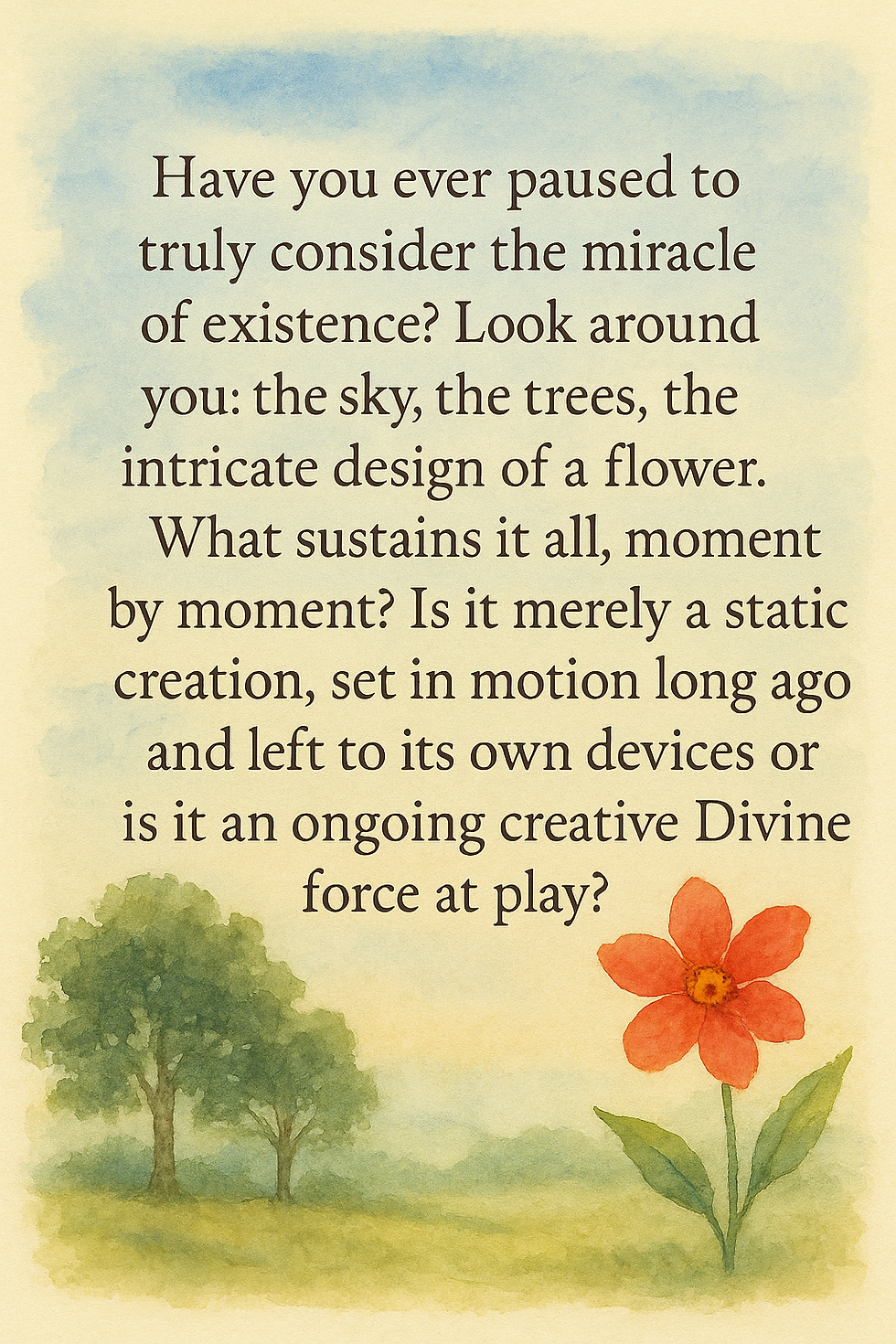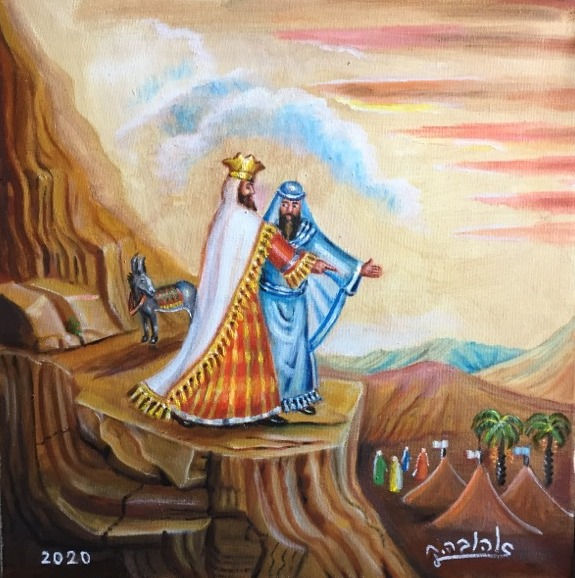Chanukah: Always Adding Light
- chabadtokyo
- Dec 13, 2023
- 2 min read
Chanukah symbolizes the triumph of light over darkness. The act of lighting candles holds a special significance, as the immediate visibility of the light contrasts with the spiritual illumination of other mitzvahs from the Torah, which remains unseen to the physical eye. However, the mitzvahs associated with lighting lamps, such as the Chanukah menorah, bring a palpable light into the home. The Chanukah menorah is placed at the home’s entrance, outside, where its light is immediately noticeable to passersby, illuminating the surroundings so that even non-Jews can see the candles. This visible manifestation of light sparks a spiritual awakening in every Jew and carries a profound message for Noahides.
In 1973, Israel faced a similar period of darkness when it was invaded by neighboring Arab armies. The country’s existence and the lives of millions of Jews seemed threatened. However, Israel managed to repel the invaders, with the IDF advancing to within 100 kilometers of Cairo and 30 kilometers of Damascus—a miraculous turnaround. Today, as Israel faces another war, similar miracles are expected. Jewish soldiers on the frontlines have already experienced many miracles. The war, which began on the year’s most joyous day, is expected to end with a resounding victory, as the land of Israel is divinely protected because the Holy Temple is located at the heart of this country, in Jerusalem.
In matters of holiness, we always want to ascend rather than descend. The essence of the holiday is about going above and beyond mere requirements; each night we add more candles. In matters of sanctity, we should always add. This is why the custom is to light the menorah while adding light, reflecting our deep love for G‑d and His immense love for us. Similarly, observing the 7 Noahide laws should go beyond mere requirements, serving G‑d out of love.




Comments